'Humanity behind the headlines': Books about poverty and compassion, picked by Bali Rai
Published on: 21 September 2017 Author: Bali Rai
The Harder They Fall author Bali Rai picks ten books for teenagers which deal with poverty - and explains why these stories are more important than ever.
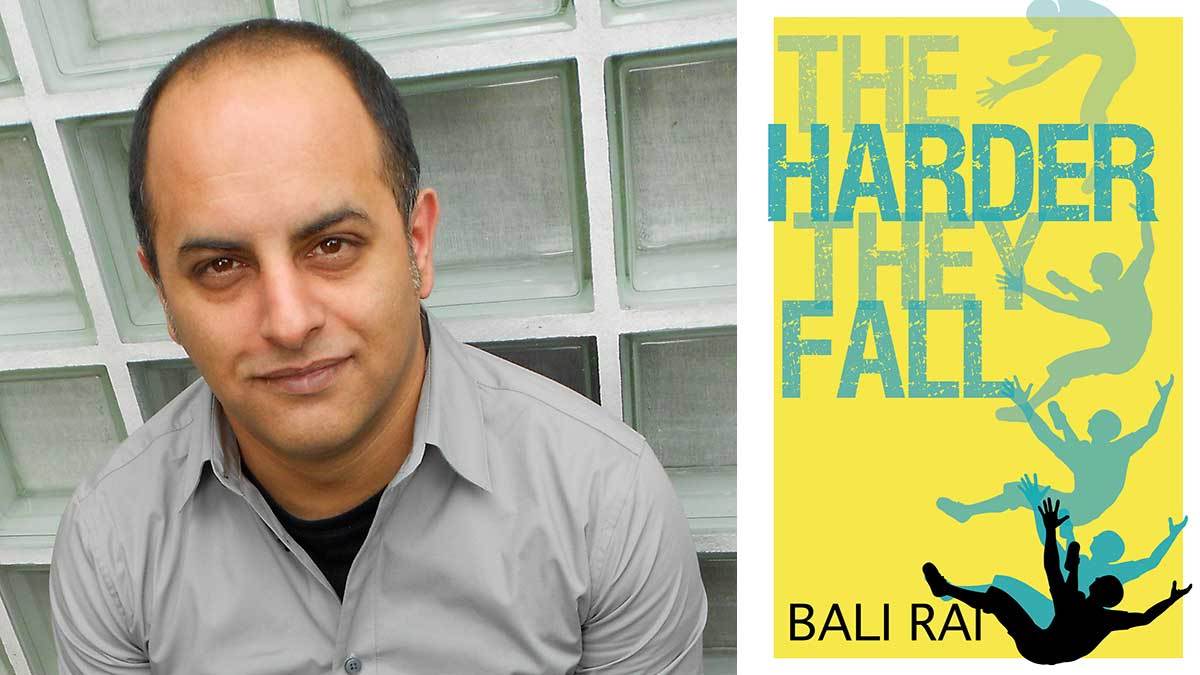
Much as I love talking about great books, choosing titles for any list can be difficult. The books below are firm favourites, but I've had to leave out many more great titles due to time and word constraints. So while this is nowhere near an exhaustive list, here are ten teen and young adult books that deal with poverty and show compassion for those less fortunate.
We need these titles more than ever, as empathy levels fall and our media demonises the poorest and least empowered. Blaming the powerless for their problems, whilst being an exercise in ignorance, is also easy. Understanding the lives of those being judged is far harder. The books on my list allow us to do the latter, and that gives them huge importance, beyond their more obvious merits. These are books that everyone should read.
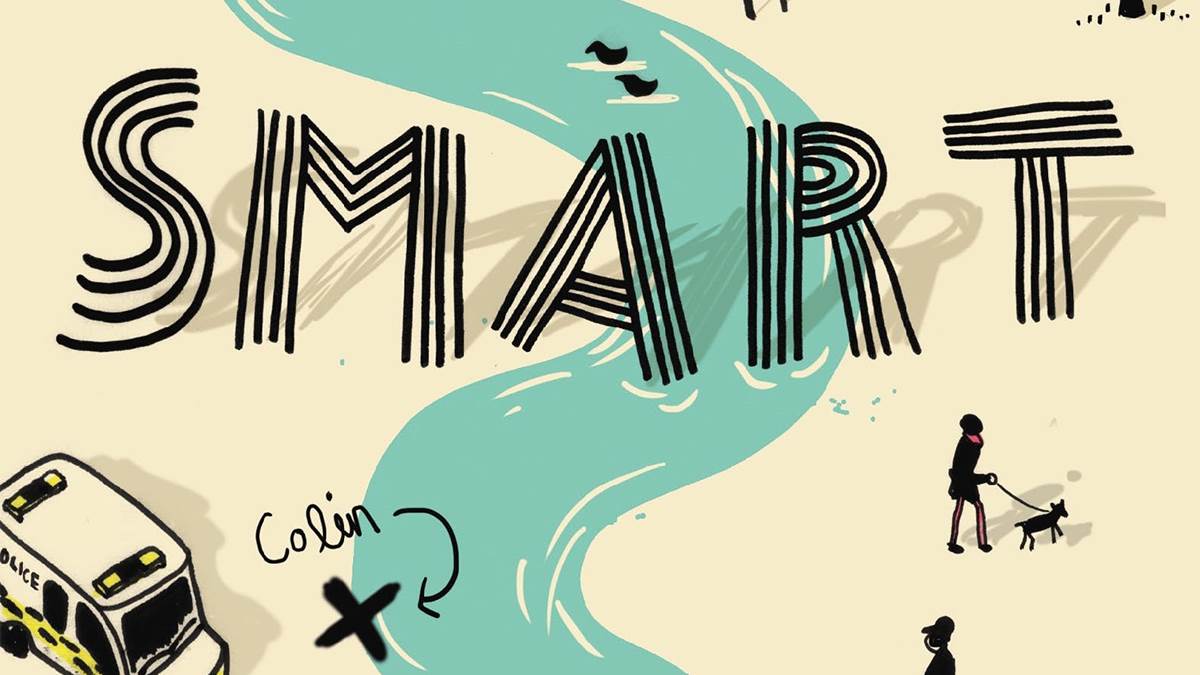
First on my list, and a huge favourite of mine, is Smart by Kim Slater. Kim manages to tackle the realities of Britain's urban underclass head on, but without judgement and with real compassion. And although Smart is very dark in places, it is also warm and funny, thanks to its unforgettable protagonist, Kieran. His world seems grey and tough, but his inner voice brings hope too, despite the awful nature of his life. Smart is simply superb.
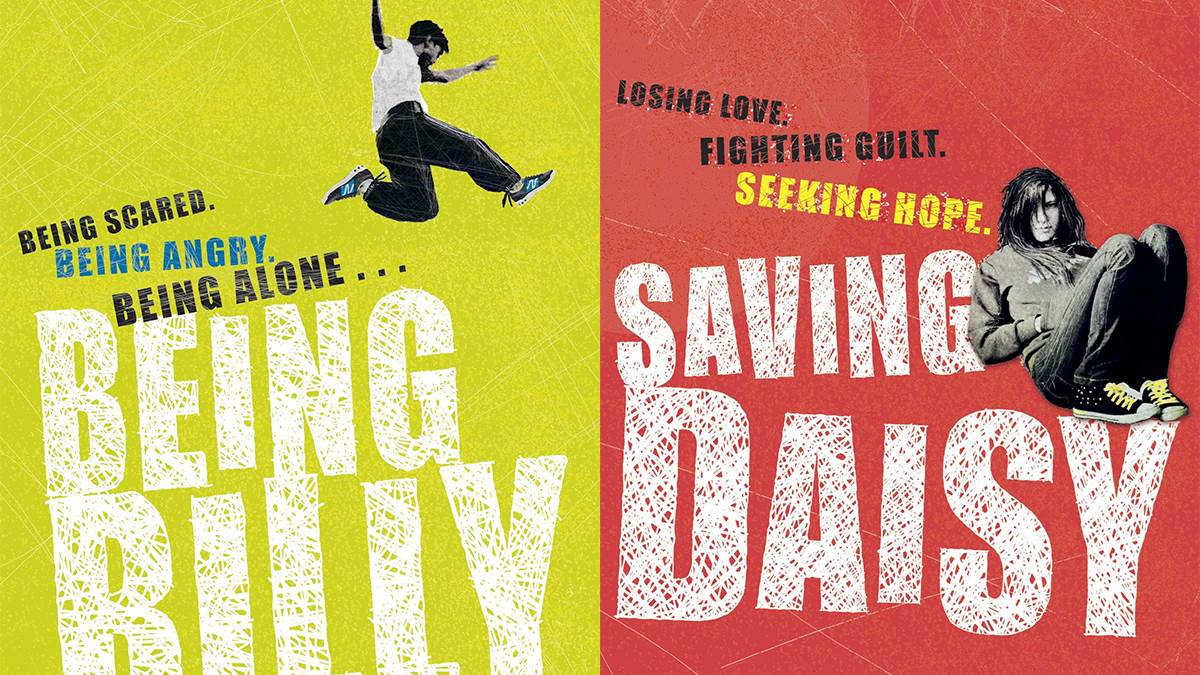
I've chosen Being Billy and Saving Daisy by the wonderful Phil Earle for similar reasons. I know I'm being greedy by selecting both, but they should be read this way. Billy and Daisy are profoundly damaged children, and often such young people are judged without being given a chance. Phil gives them a voice, and allows their humanity to shine through, warts and all. Gripping, multilayered and a cut above – these are important stories that need to be heard.
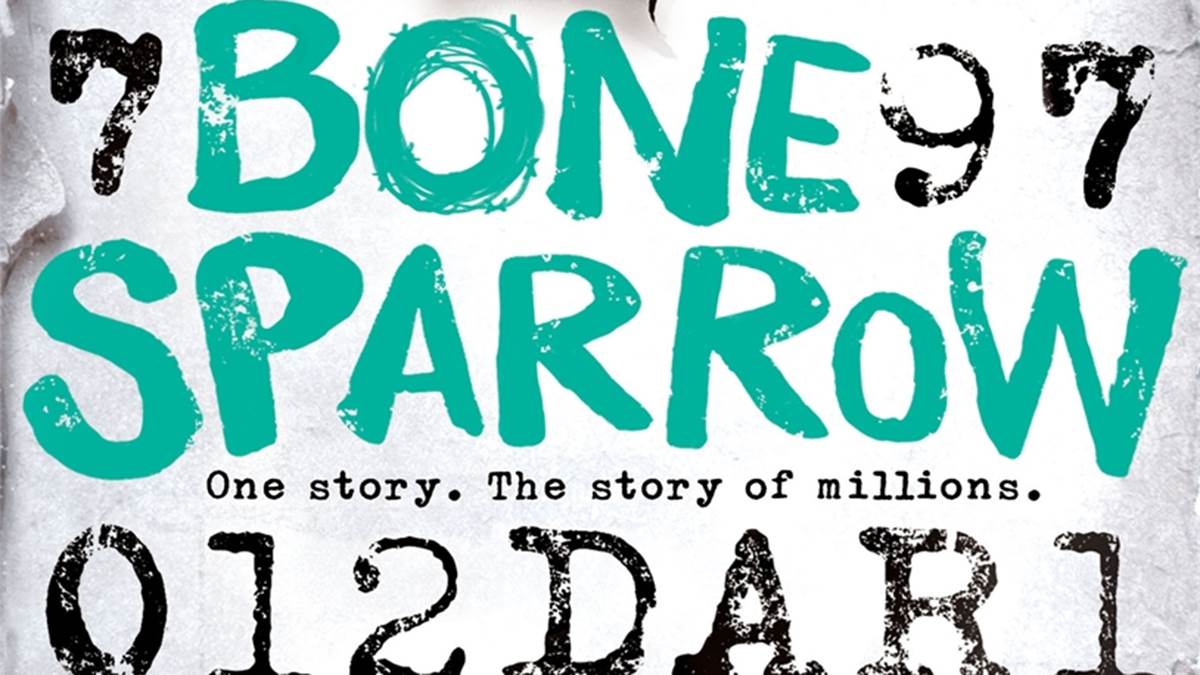
Next comes Zana Fraillon's excellent The Bone Sparrow – a story of immense value that tackles one of the most pressing issues of our time. It is unflinching and often brutally stark, yet the protagonist, Subhi (born in captivity and never having known freedom), remains hopeful and never stops dreaming. Refugees across our world are voiceless, often simply numbers in a news story. The author deserves great praise for stemming that tide just a little; this book is a deserved winner of Amnesty's CILIP Honour for Human Rights.
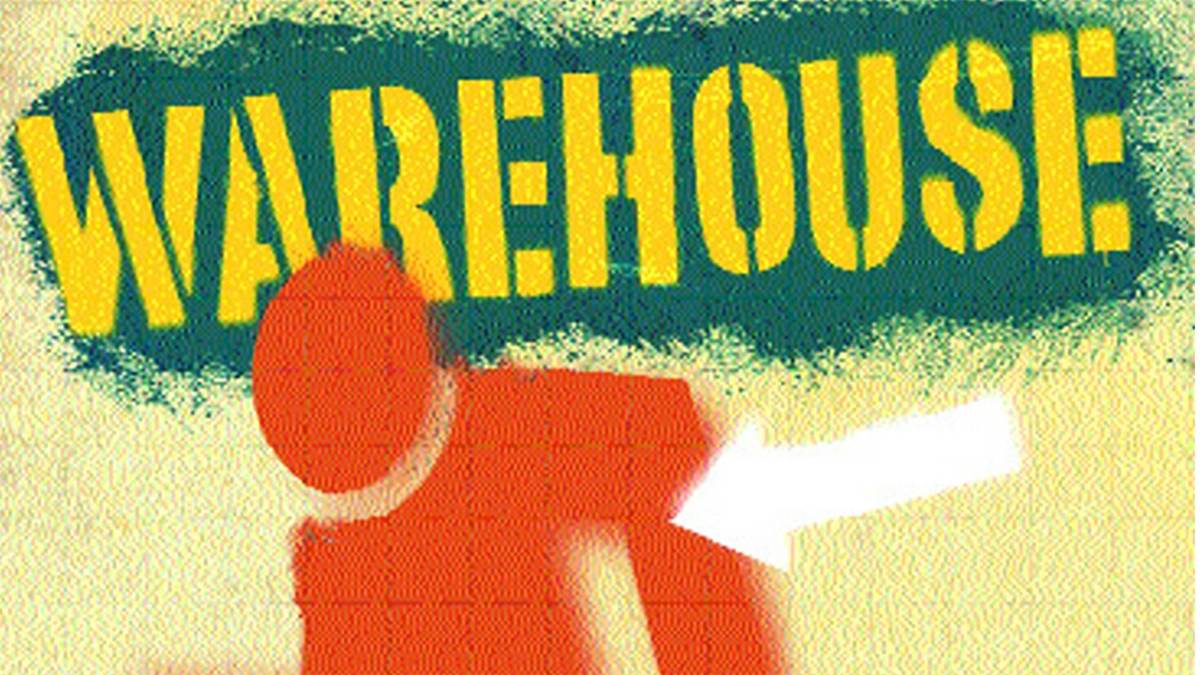
Back in 2002, my then-editor gave me Warehouse by Keith Gray, having raved about its brilliance. And she wasn't wrong. Set amongst a community of runaways, in a stark and unforgiving urban landscape, Warehouse lays bare the grim reality of poverty and homelessness. Yet there is genuine warmth and empathy from the author towards his protagonists. Keith really cares about the lives of his characters, and the difficult choices that they face. As good today as it ever was.
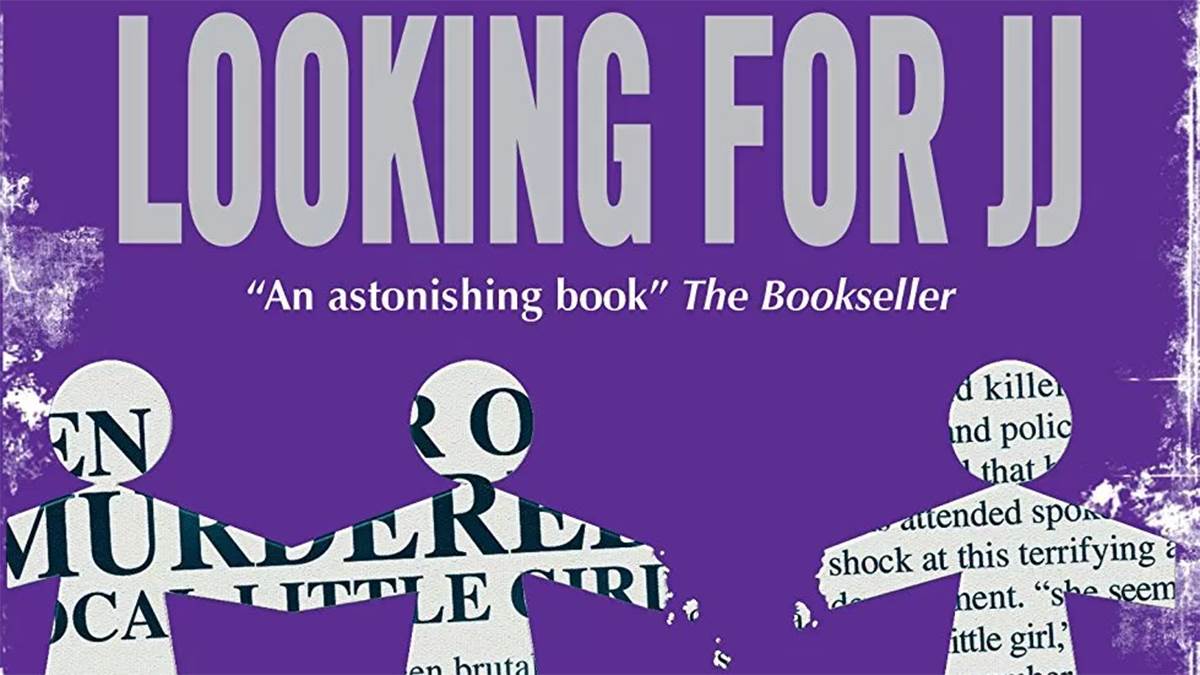
Ditto, the brilliant Looking For JJ, by the equally brilliant Anne Cassidy, and another book I've raved about for years. Looking for JJ appeared at a time of increased public interest in children who kill – driven in part by a rabid media. Anne manages to confront the issue head-on, yet with a rare compassion. We are shown the dysfunctional world that created protagonist Alice Tully, and gain access to her thoughts, allowing those with empathy to think beyond lurid headlines. Raw and emotive, Looking for JJ is a British classic from a scandalously underrated writer.
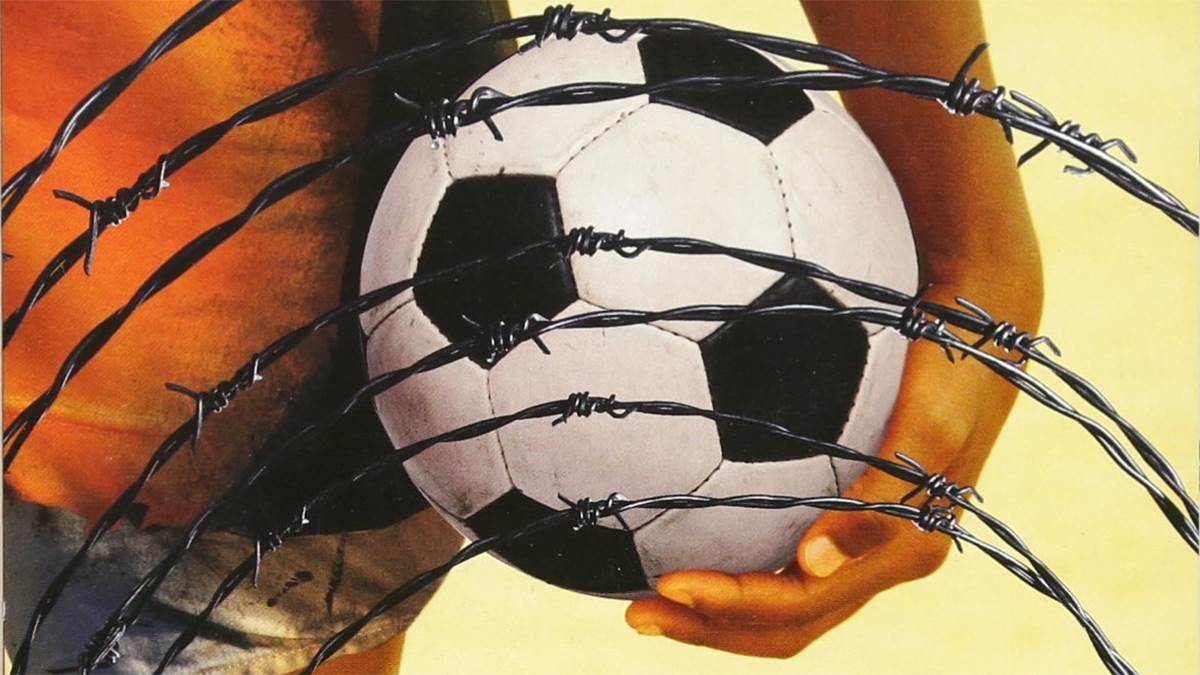
Next comes Michael Williams' thought provoking novel, Now Is The Time For Running. Those with a keen eye will note that I gave a pre-publication quote for this book – a rare occurrence. And I'm sticking by every word, too. This is another unflinching insight into the stark lives of refugees. Brothers Deo and Innocent escape their Zimbabwean village after soldiers kill everyone they know, and head for the supposed safety of South Africa. But any hope they carry is broken by life on the streets. Vivid and brutal, this heartbreaking story is unforgettable.
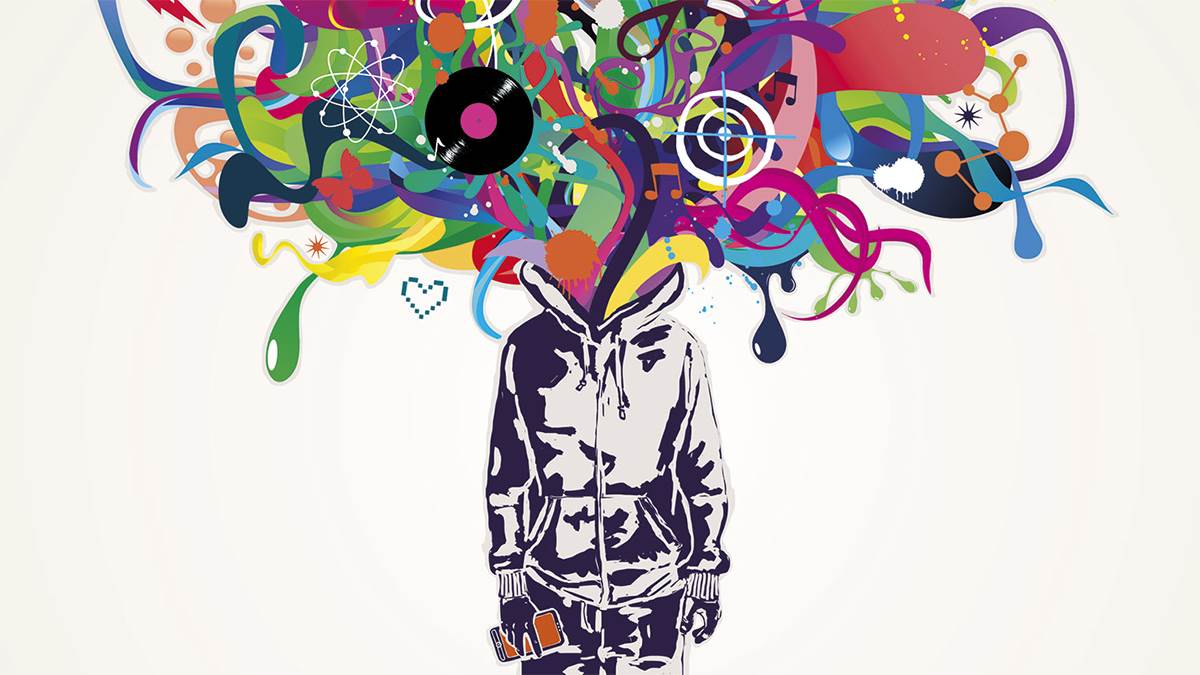
My next two choices are also thought provoking and hugely important works. First up is Orangeboy by Patrice Lawrence, which brings us Marlon and his family, and the harsh reality of inner-city life for so many young people in modern Britain. Black youths such as Marlon have long borne the weight of vicious and racist stereotyping, rarely given space to exist as human beings first. Patrice smashes those harsh judgements with her story.
Here is the real world characters like Marlon are forced to deal with. Here are the pressures, the hopes, and the fears that white characters are routinely allowed to express in literature. Here is the humanity behind the headlines.
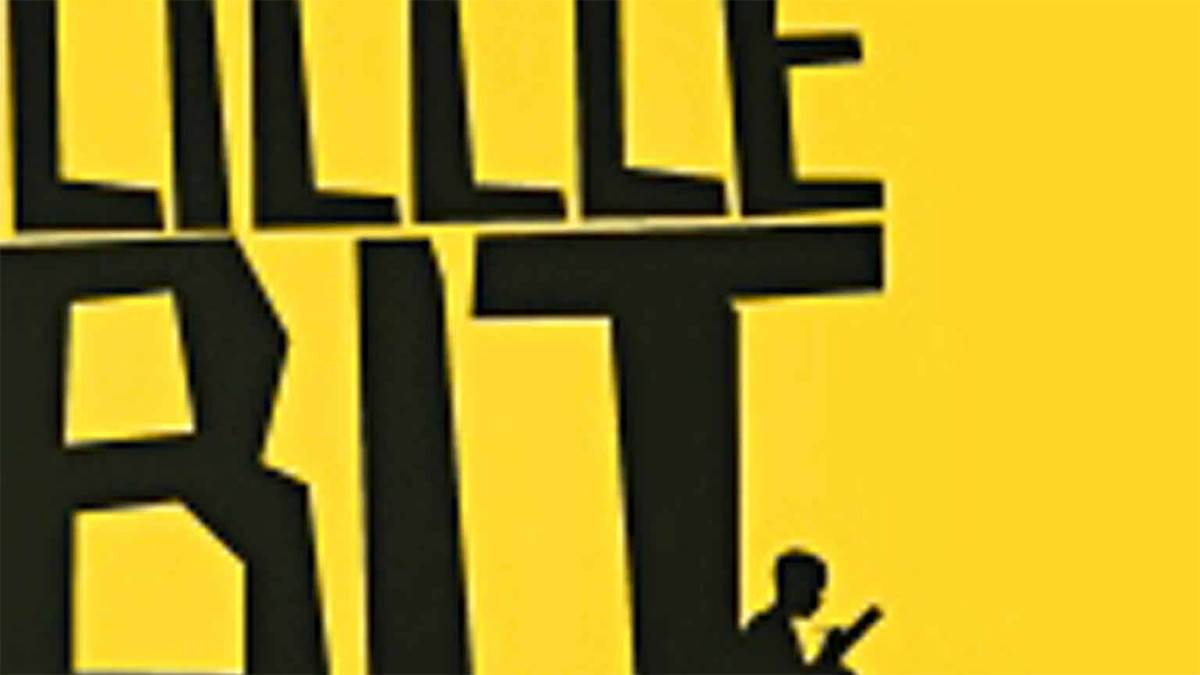
The same is true of Liccle Bit by Alex Wheatle – a writer, like Patrice Lawrence, who truly understands the world his characters inhabit. Lemar - or 'Liccle Bit' - is a wonderfully drawn, sorely needed protagonist, trying to make sense of his world, and increasingly, unwillingly drawn towards conflict. Warm, funny, dark and gritty – Liccle Bit is a triumph.
Indeed, in our post-Grenfell society, where poor people's voices only gained airtime and empathy after a horrific tragedy, Marlon and Lemar, alongside their family and friends, are antidotes. In a world where black men and the poor are demonised and given no right of reply, they are welcome alternatives. Both books carry an importance far beyond mere fiction.
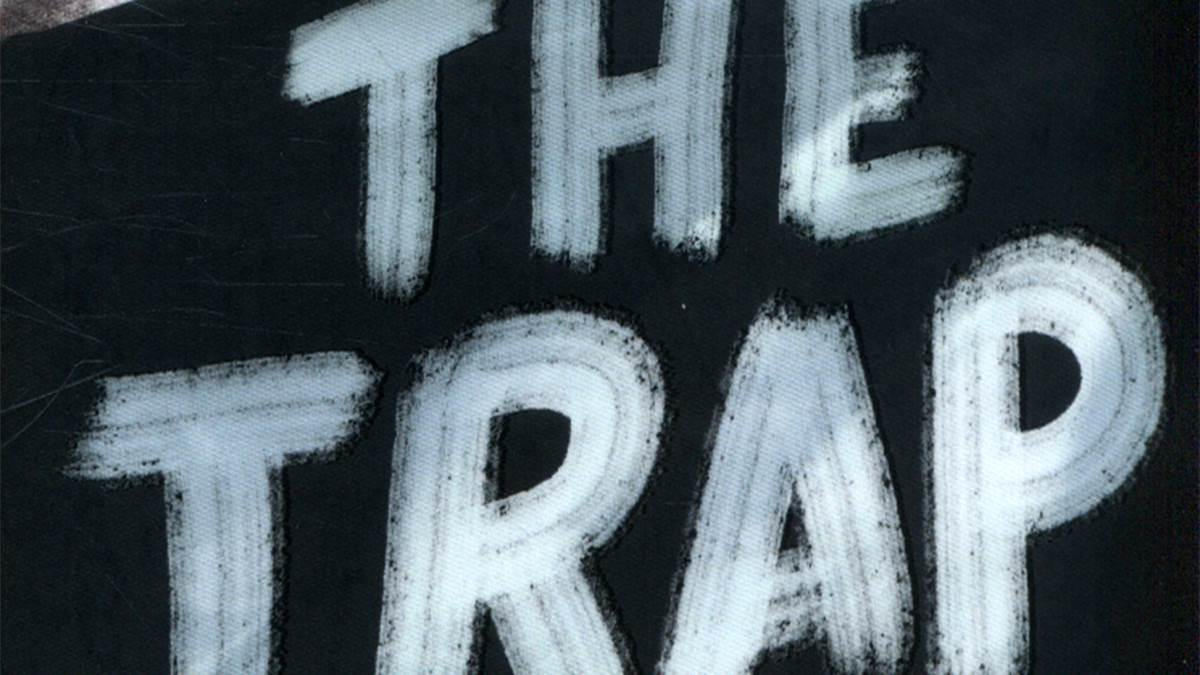
Finally, I've chosen The Trap by Alan Gibbons. Again, in choosing to look past sensationalist and prejudiced headlines, Alan has created something more than a simple story. The threat of terrorism, the grooming of young people for terrorist acts, Islamophobia within British society, the increasingly murderous war on terror – The Trap confronts all, but goes far beyond, too. And in bringing us the human voices behind the news, Alan asks us to consider the lives of his protagonists without judgement, and with compassion. It is another timely and much needed antidote to lazy, prejudicial stereotypes.
As I said earlier, these books form a quick list - it's hardly exhaustive. I have left out some that might have been chosen first on another day. The sad reality of our increasingly dangerous, difficult and divided world makes such books all the more important. Read them, if you haven't already. And if you have read them, pass them on. Empathy, compassion, understanding – we need these things now, more than ever.
Bali Rai is an author and former BookTrust Writer in Residence. His latest book, The Harder They Fall, is out now, published by Barrington Stoke.





